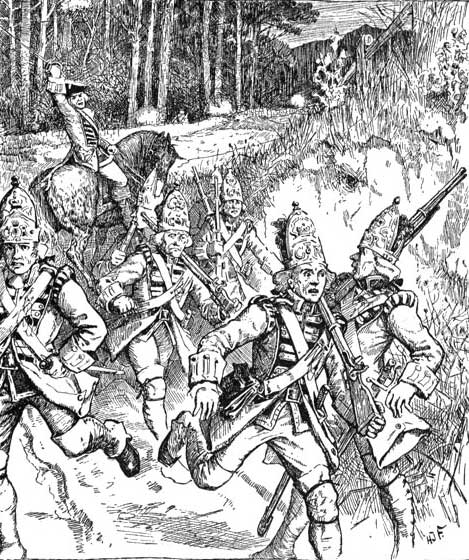By Seumas MacNeill

Along with Lament for the Children and a few others this is one of the truly great tunes. It does not have the subtle twists and turns of the Children, nor even of Patrick Òg. It is a straightforward fairly simple melody developed along traditional lines and, in spite of its length (it is one of the longest of all the really great tunes) one is never wearied, either as the performer or the listener.
A measure of the high esteem in which it is held by pipers is that it is more often played at gravesides for top performers than any other tune. The question is not, “Which piobaireachd?” but rather “Which variation of Donald Bàn?”
Although a favourite tune with pipers it is not a favourite in competition. The length of it is a severe challenge to the drones and, as a result, when it is played in a contest, the pipers tend to start a little bit on the fast side to try to cut down the duration of the piece.

Malcolm MacCrimmon, Donald Bàn’s brother composed the tune in 1746. The occasion was, of course, the death of Donald, killed by a bullet from the blacksmith’s gun at the engagement known as the Rout of Moy.
Prince Charles Edward was staying at Moy Hall, the guest of Lady MacIntosh, a fervent Jacobite. Donald was a piper in Loudoun’s regiment, stationed then at Inverness, one of several which was raised by the MacLeod chief to fight against Prince Charles.
This decision had apparently come as a shock to the Clan MacLeod and it gave rise to some ‘shieling stories’ later on, which cannot be substantiated.
For one thing, Donald is supposed to have had a girlfriend in Dunvegan who sang Cha Till MacCrimein as he went away, from which Donald composed the piobaireachd. Although often referred to as one of the greatest tunes, it is in fact one of the poorest.
Also, Donald had a wife in Harris at the time, although this may not have stopped him having a girlfriend in Skye.

The other story told about Donald was that he was captured at Inverurie and in the morning the government pipers refused to play until he was released on parole and sent home.
Actually, it was his brother Malcolm who was captured at Inverurie, which explains why Donald was still able to take part in the fighting after it.
Loudoun thought it would be a brilliant idea to capture the Prince, so he tried to seal up all the exits to Inverness lest somebody would get to Moy Hall and warn him. In this he was singularly unsuccessful, for according to the stories at least four people are credited with taking the warning to Moy Hall.
The Prince escaped with a bodyguard of 30 men and made his way to Moybeg where they resolved to make a stand, if necessary.
Meanwhile, Lady MacIntosh sent out the blacksmith, Donald Fraser, with the remaining five men to try to stem the attack. They spread out among the peat stacks and in the dark the MacLeod force mistook these stacks for more men.
Fraser got his men to shout encouragement as if to other detachments and he himself fired off the one bullet in the gun that he had. This was the bullet that killed Donald Bàn — a great misfortune one would think, but on the other hand it gave rise to one of our best piobaireachds.
The attacking force was completely taken in by all the shouting, and thinking that they had walked into a trap they fled back to Inverness — all 1,500 of them.
• From the April 1996 Piping Times.
* The tune appears in Book 2 of the Piobaireachd Society’s collection. Listen to the legendary piper, John MacDonald of Inverness play a short excerpt of Lament for Donald Bàn MacCrimmon on this recording from the 1920s:




